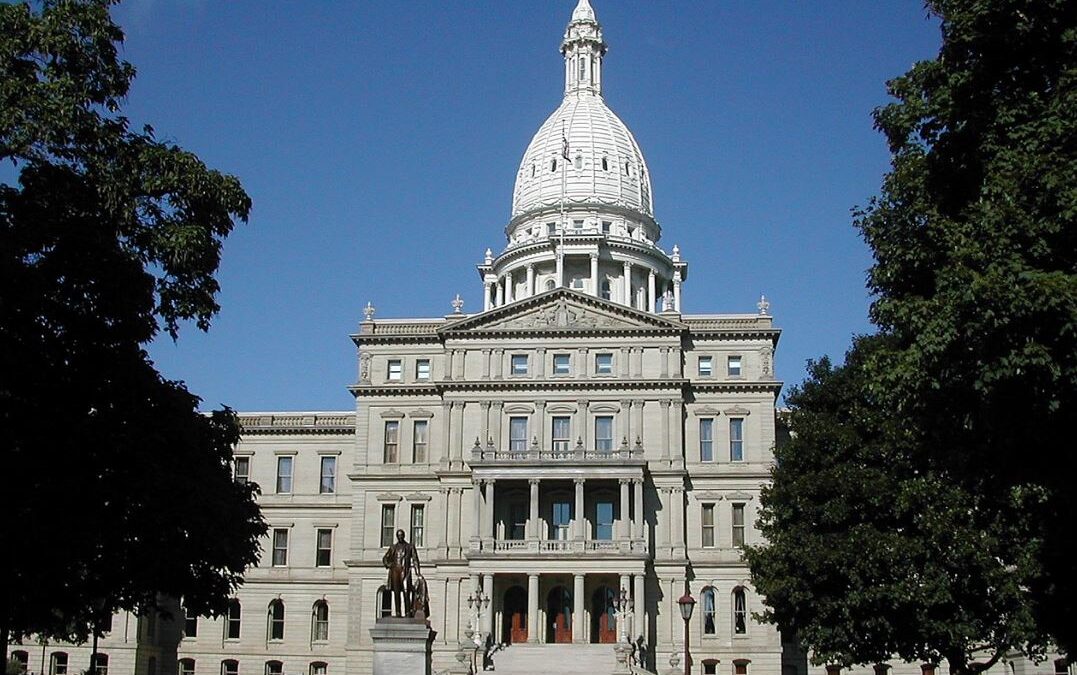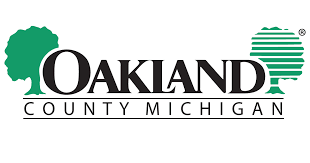
94 Small Businesses Receive $565,750 in Support
94 Small Businesses Receive $565,750 in Support in First Round of Michigan Entrepreneur Resilience Fund
With microloan funds still available, the Michigan Entrepreneur Resilience Fund (MERF) has already processed 113 microloans and grants, assisting 94 small businesses with $565,750 in support, the Michigan Economic Development Corporation (MEDC) and Michigan Women Forward announced today. Launched by the MEDC with Michigan Women Forward (MWF) in May, in response to the economic impacts of the pandemic on underserved communities, the fund is intended to help entrepreneurs and small businesses negatively impacted by COVID-19 recover from the outbreak, as well as assist them in meeting increased demands in support of COVID-19 response efforts.
While grant funds will be exhausted by the end of July, there are still more than $500,000 in funds available for small microloans to reopen Michigan businesses, with excellent terms and repayment options. Small businesses interested in applying for microloan support through the Michigan Entrepreneur Resilience Fund can do so now by visiting miwf.org/mwf-entrepreneur-resilience-fund.
“The impact this fund has already had for small businesses and entrepreneurs throughout the state has been critical to ensuring our local economies can continue thriving long after this crisis has passed,” said Josh Hundt, Chief Business Development Officer at MEDC. “The support and partnership of Michigan Women Forward in helping get these resources into the hands of small businesses that need them most has been tremendous and will continue to be vital in ongoing economic recovery efforts.”
Funds awarded through the program can be used to support small businesses in managing expenses through the recovery phase, including rent, payroll, and inventory, due to the significant economic impacts of COVID-19. The fund can also advance business growth by providing working capital to assist with increased product or service demand in response to COVID-19, to allow a company to revamp their business virtually through a strengthened online presence, or to start up a company to meet a new demand as a result of COVID-19.
“It is such a privilege to reach out to these entrepreneurs with the good news that they have been awarded a MERF grant,” said Carolyn Cassin, Michigan Women Forward president and CEO. “This funding is often the difference between opening or not opening their business back up. MWF also offers training and mentoring to the recipients so they are no longer alone in their recovery journey after COVID-19.
The Michigan Entrepreneur Resilience Fund provided recovery grants of $1,000-$5,000 and is still accepting applications for microloans of $5,000-$10,000 for small businesses who are in need and have been adversely affected by COVID-19 closures at miwf.org/mwf-entrepreneur-resilience-fund.
In Pontiac, Brown Construction Collective Plus [BCC+] now has additional opportunities for growth and digital success as a result of grant support it received through the Michigan Entrepreneur Resilience Fund. Owned and operated by Rita Brown, a construction industry professional of Asian-Indian descent, Brown is active in several initiatives dedicated to promoting women and unrepresented populations in construction work, including the National Association of Women in Construction, and the Construction Equity & Inclusion Council. She also designed the BUILD INITIATIVE’s Project: Accelerate! Program designed to reinforce knowledge, educate and facilitate better access to opportunities for women within the construction industry.
“I plan on investing in program development, website refreshment, and parlaying this support into greater success,” said Brown. “With this grant, I can continue to move forward and cultivate intentional next steps for success in my industry.”
Lions & Rabbits is a gallery, education center and event space in the Creston business district in Grand Rapids. Owned by Hannah Berry, Lions & Rabbits houses more than 120 local visual artists and hosts pop-up shows, community parties, classes, weddings and workshops. After receiving a grant from the Michigan Entrepreneur Resilience Fund, Lions & Rabbits will be able to move forward with plans to renovate its outdoor community and gallery space, in addition to working with Downtown Grand Rapids Inc. and Women’s Way to hold an alley takeover, showcasing the power of women in Grand Rapids and their role in modern society.
Berry said, “While we have brought our art and now our classes online, because of this grant we will be able to fully reopen and people are safe to experience community fellowship again.”
The $1.5 million fund includes support of $500,000 from MEDC and $500,000 from Michigan Women Forward’s SBA microlending funds, along with partners including Consumers Energy Foundation, the New Economy Initiative, General Motors Corporation, Fifth Third Bank and Comerica Bank. Michigan Women Forward is also working with other potential funding partners to provide additional opportunities for grants and loans through the Michigan Entrepreneur Resilience Fund.
While grant funds have been exhausted, small businesses may still apply for microloans if they meet the following criteria. Eligible candidates will be prioritized based on demonstrated need, including, but not limited to:
- Being located in a disadvantaged area within a U.S. Small Business Administration designated HubZone or Opportunity Zone;
- Demonstrating status as a low- to moderate-income borrower;
- And qualifying as a diverse business that can demonstrate ownership by underrepresented groups including, but not limited to, veterans, minorities and low-income men and women.
To learn more about MEDC’s COVID-19 response programs and the impact they are having on economic recovery efforts, visit michiganbusiness.org/covid19response. Other resources for economic reopening efforts as well as businesses across Michigan struggling with economic losses as a result of the COVID-19 virus can be found online at michiganbusiness.org/covid19. The MEDC has also developed a FAQ for Michigan businesses and communities at michiganbusiness.org/covid19-faq.
Information around this outbreak is changing rapidly. The latest information is available at Michigan.gov/Coronavirus and CDC.gov/Coronavirus.
About Michigan Women Forward
In 1986, 20 extraordinary visionaries conceived of an organization that would encourage women to play an active role in philanthropy and governance. Today, MWF focuses on these primary pillars: Accelerating Women’s Entrepreneurship, Developing the Next Generation of Young Women Leaders, Sharing Women’s History and Leading the State’s Women’s Agenda, which includes the Enough SAID campaign to end the backlog of untested rape kits in Detroit. MWF also operates the Michigan Women’s Historical Center and Hall of Fame Center in Lansing. For more information, visit www.miwf.org/.
About Michigan Economic Development Corporation (MEDC)
The Michigan Economic Development Corporation is the state’s marketing arm and lead advocate for business development, job awareness and community development with the focus on growing Michigan’s economy. For more information on the MEDC and our initiatives, visit www.MichiganBusiness.org. For Pure Michigan® tourism information, your trip begins at www.michigan.org. Join the conversation on: Facebook, Instagram, LinkedIn and Twitter.






